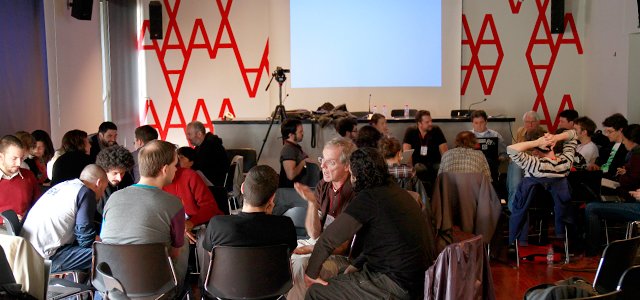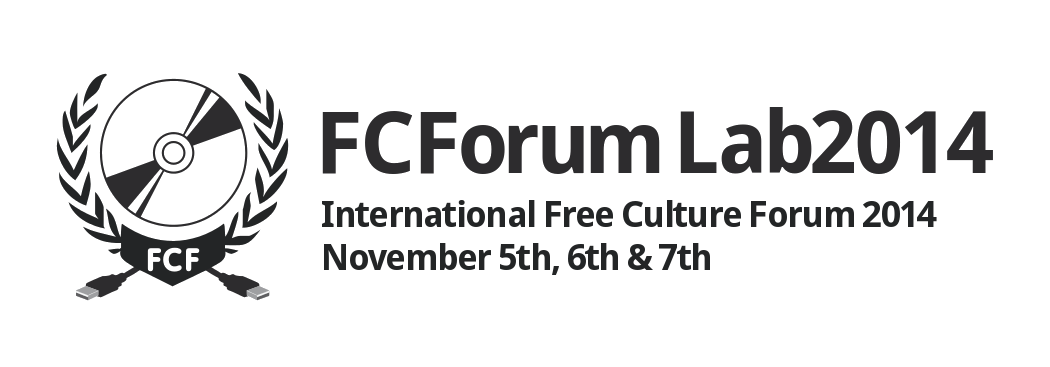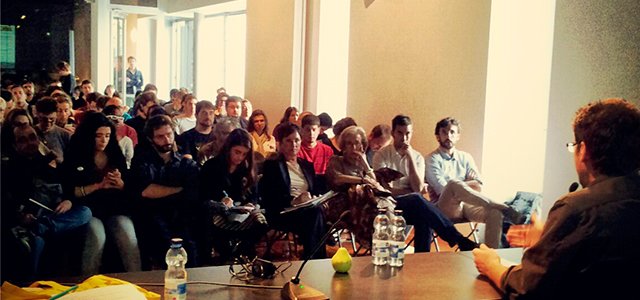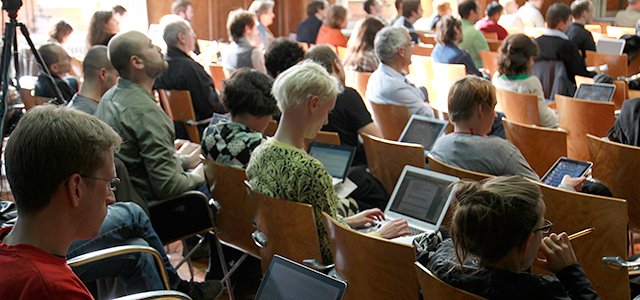Free culture has not only brought a set of tools or juridical-legal protocols that allow the collaborative and collective creation, distribution and consumption of culture, but also a structure of ways of doing and thinking about culture that challenges the hegemonic commercial paradigm. Practices and sensibilities developed in the environment of free culture are arriving in the world of design (not without conflict). They are providing new perspectives, attitudes and pedagogies in enclaves in which, traditionally, design has been developed and taught. In order to explore and disclose this fact, the FCForum has considered it appropriate to create an event specifically focused on this area.

Without leaving the field of commerce in which design has been traditionally operating, design is experimenting with new tools, licences and methodologies, something which we consider important since it is a development that needs to be supported and emphasized. We also suspect that this area shows increasing leaks and divergent practices. By dividing the event into presentations revolving around specific practices, pedagogies generated in the free culture environment or tools that can be applied to design, art and contemporary architecture, we shall see the technical, economic, educational, aesthetic and social implications of what we can call free design.
The session is divided into five different blocks: the first one, Free design practices, aims to show specific practices in which free culture and design practices have converged. The second block, called Prosthetics and pots, seeks to value other practical materials for a variety of bodies. The third one is about Open hardware and its relation to design by seeing how developments such as Arduino, 3D printers and other technologies have a direct impact on art and contemporary design. The fourth block, called Critical perspectives in art and design, tries from a more theoretical perspective to see the areas of influence and critical possibilities established by free culture. Finally, block number five, The design of free spaces, wonders about the influence of free culture on the design of open and participatory research spaces and the transmission of ‘crossover knowledge’.


